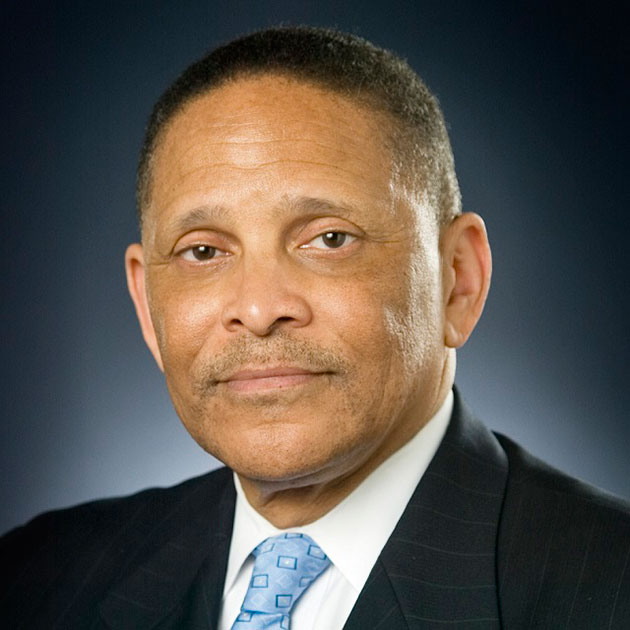
Clinical Professor, Director of Online Graduate Programs, The University of Texas at Dallas
Chasteen’s students probably don’t realize he is a product of the Naveen Jindal School of Management. In Summer 2003, Chasteen received a PhD in International Management Studies; his dissertation was “Cluster Formation and Growth Dynamics in a Regional Context.” Now, he’s enjoying his third career, as professor and director of the nationally ranked JSOM online graduate programs. His previous two careers – in the U.S. military and tech industry – provided him with “real world” experience that benefits his students.
Tell us the highlights of your professional career. What are your proudest achievements?
I have had a varied career. I received a BS in Engineering from SMU. After receiving a graduate degree from Stanford University in Aeronautical Engineering, I went into the U.S. Air Force and was a B-52 pilot during the Vietnam War. After my active duty, I returned to Dallas and worked in the defense industry for Texas Instruments and then Raytheon. I then returned to academia and received my PhD in International Management Studies from UT Dallas. And now I am a management professor at UT Dallas. My proudest achievement in industry was my three-year assignment in Germany for Texas Instruments. TI was furnishing the radar for the Tornado – a tri-national aircraft program. My job was to work with the German and United Kingdom pilots to improve the radar and then with the German and UK engineers to incorporate these improvements into the production radar. We were successful. The Tornado is still flying missions for the German and UK military. My proudest achievement in academia is the success of the UT Dallas online graduate programs for which I am the director. We have greatly increased the number of our online courses and online degrees. Last year, the Jindal School’s online MS program was ranked No. 2 and the online MBA program was No. 6 in the U.S. News & World Report annual rankings.
What brought you to UT Dallas?
When Raytheon decided to move its defense group to Arizona, I decided to stay in Dallas and enroll in the PhD program at UT Dallas and then teach. I lived in Richardson so UT Dallas was the logical choice. I was also very interested in the UT Dallas International Management PhD program due to my three-year assignment in Germany for TI.
What is your favorite UT Dallas memory?
Becoming a full-time student after being a manager in industry for many years was quite an adjustment. However, I had a great PhD cohort with many of them also returning to school from industry or from the military. We shared many long nights working on classes and papers in our little office in the old Erik Jonsson building.
Who was your favorite professor and/or what was your favorite class and why?
I have two favorite professors. The first was Professor Steve Guisinger who was the director of the International Management PhD program. Steve was a noted international management scholar and was very influential in shaping my PhD program. The second was my dissertation chair, Professor Don Hicks of the Political Economics department. Hicks was doing research on innovation and disruptive technology throughout Texas. This topic was the perfect match for my interest in innovation and disruptive technology in the Dallas-Fort Worth area.
What’s the best advice you have received?
When working on a PhD degree, be sure to select a topic that you are very passionate about. Be sure you and your advisor have the same goals and ideas for your thesis. Also, don’t be afraid to change advisors or topics if your plans change since much dedication is required to finish a PhD program.
What advice do you have for current students hoping to succeed in the business world?
Lots of change is occurring in the business world. Therefore, take a variety of courses to give you a broad background. Since technology is changing our universities, take a few online courses to get a feel for working in a virtual world because your future job will most likely involve some of this.Once you are working in the business world, seek out new responsibilities. Volunteering is a great way to expand your job. If there is ever an opportunity for an international assignment, take it! Your view and knowledge of the world will greatly change once you have lived and worked in another country.
What makes an effective leader?
A leader needs technical skills but also soft skills (emotional intelligence). You should jump at a chance to lead a small group – leadership can be improved with practice. Also, you must be able to work in teams. Today’s challenges are too complex to be solved by an individual.
What do you enjoy doing in your free time?
I like to travel. When I traveled on business trips in industry, I would always take time to visit the local attractions. Now that I am in academia, I also try to find a few extra days to visit the local area when attending academic conferences.


